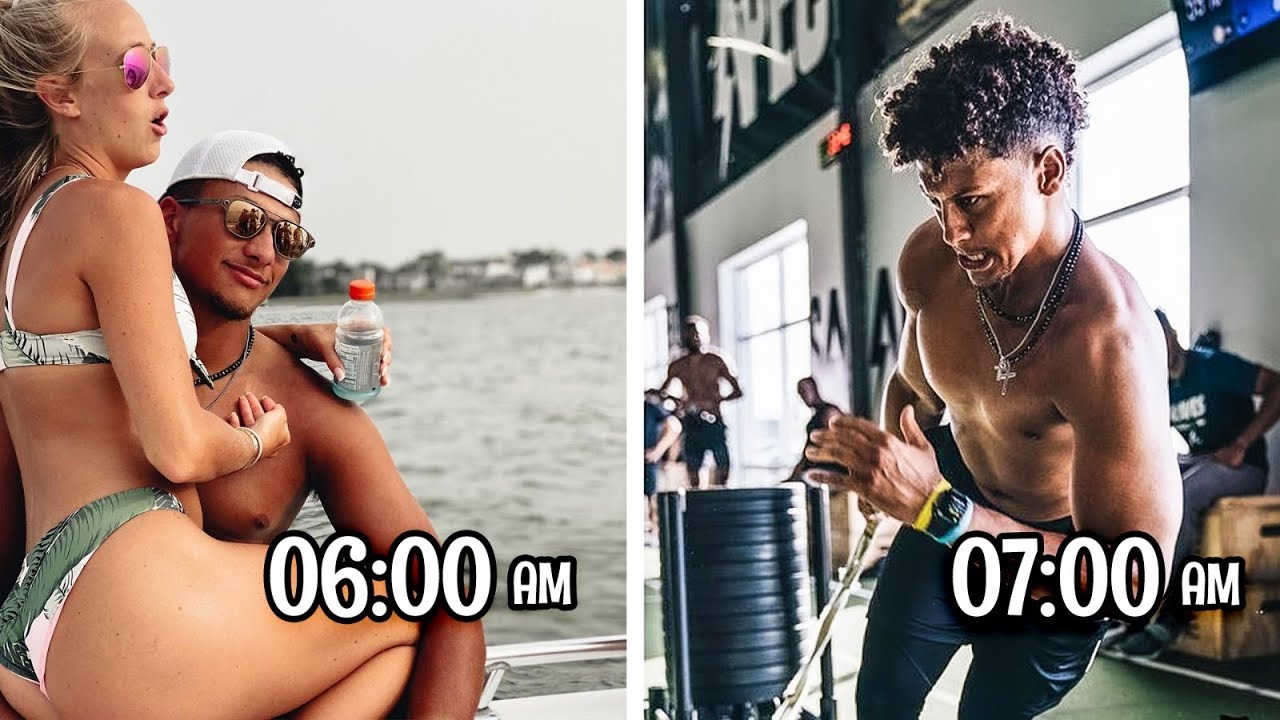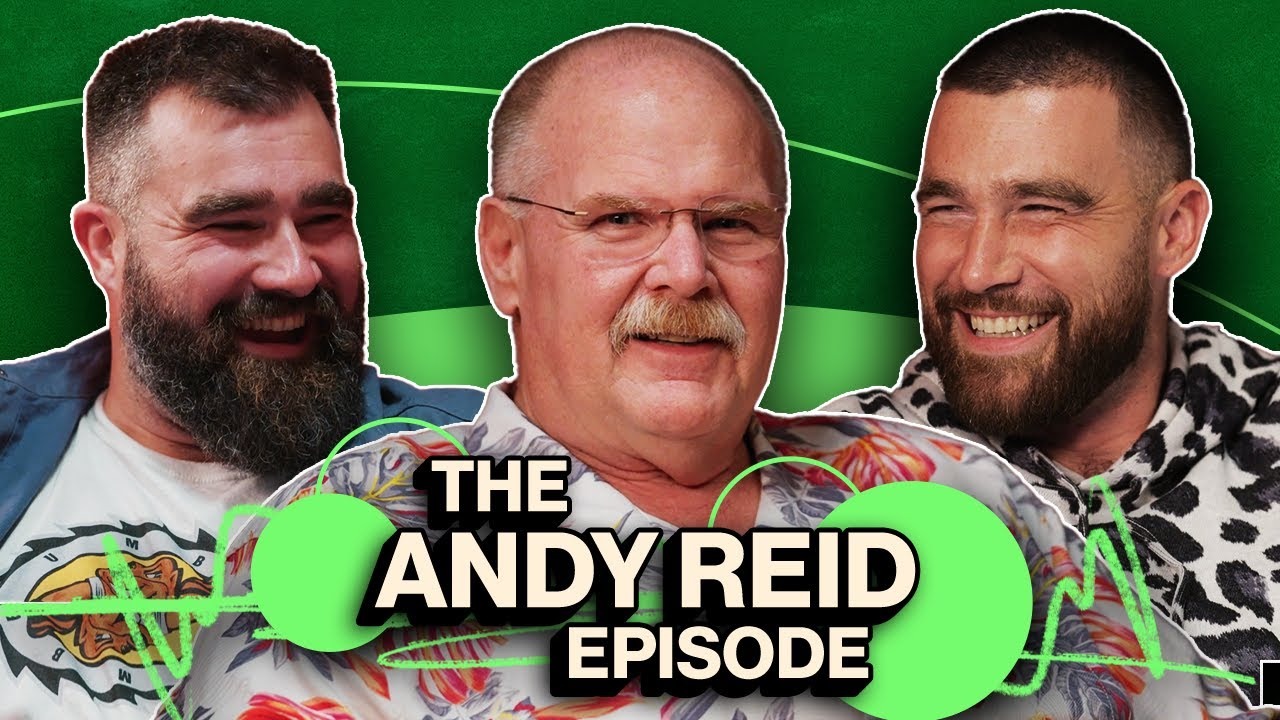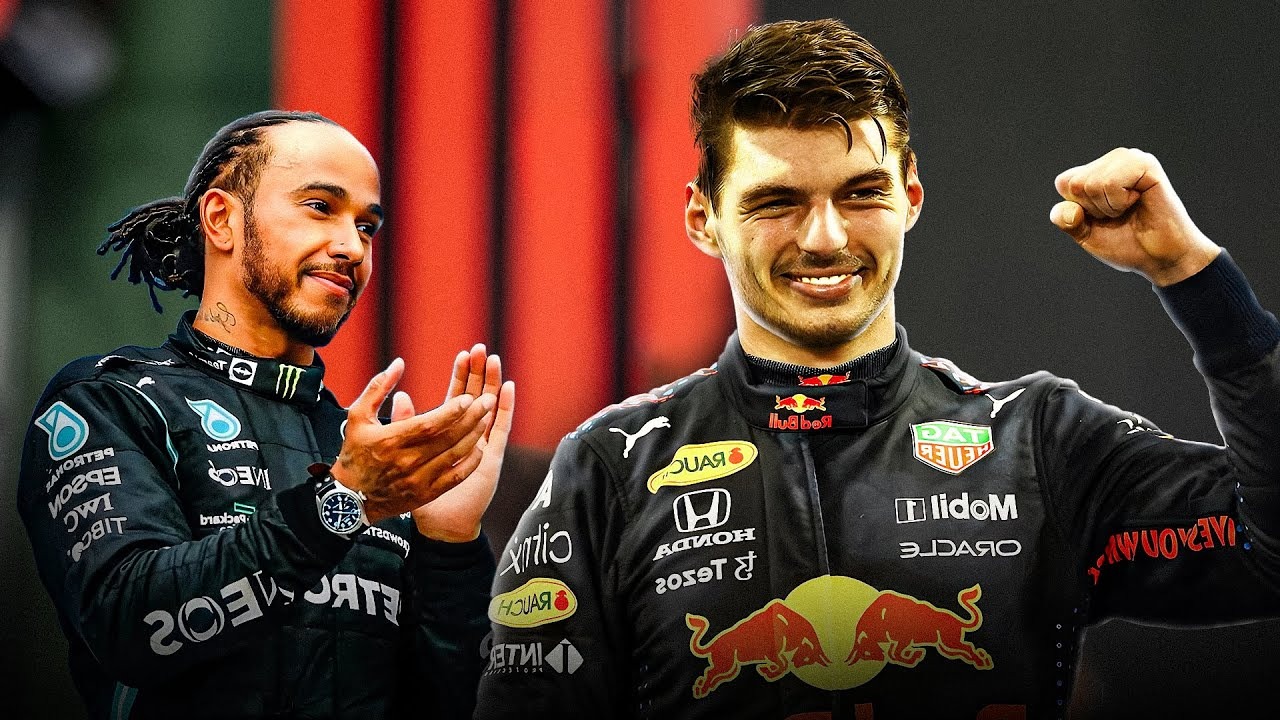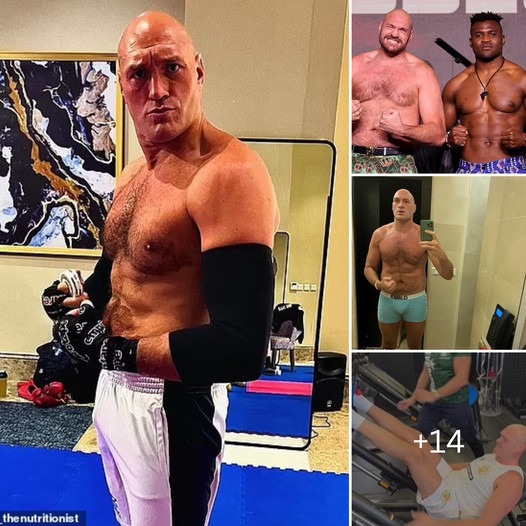Novak Djokovic admits having a war-impacted childhood still impacts him in some ways as the 36-year-old Serb reveals hearing fireworks set off triggers some of the trauma that the war left on him.
Djokovic, who was born in 1987 in Belgrade, saw and experienced war in his early life as he was born just three years before the start of the Yugoslav wars. But one of Djokovic’s most traumatic experiences didn’t come until 1999, when NATO bombed Belgrade for 11 weeks between 1999 March – June.
At the time, NATO was accusing Serbia of atrocities against ethnic Albanians and their goal was to push the Serbian forces out of Kosovo. When NATO started bombing Serbia, Djokovic was just 11 and sheltering daily.
Throughout his career, Djokovic has spoken several times about the difficulties and challenges he experienced during that period but also how those 11 weeks of NATO bombing Belgrade inspired and motivated him to one day do great things for Serbia on the world stage.
During a conversation with Karl Stefanovic on the Today Show, Djokovic candidly recounted and opened up about those 11 weeks from 1999.
“We’ve been through two wars… for four years from 1992 to ’96 no Serbian athlete could travel abroad for any competitions,” Djokovic said in his interview with the Today Show.
“It was very challenging times. It just toughens you up. It could have gone another way, but I believe it was kind of a destiny as well for me to play tennis and to be able to achieve these great things.”

Djokovic admits he is traumatized to this day
In some of his past interviews, Djokovic said that the odds were against him right from the start because he was making his first tennis steps when Serbia was going through a very difficult period. But Djokovic managed to beat every obstacle – come out on top – and today be widely recognized as one of the greatest players in tennis history.
In tennis, Djokovic is widely considered one of the most mentally tough players. When asked if getting through the Belgrade bombing helped him forge such a strong mental strength, Djokovic agreed that’s probably the case to some extent.
“I don’t know to what extent, but there is definitely some connection to my upbringing. I was 12 when we had bombings nonstop for two and a half months, day and night,” Djokovic admitted.
“At times it appears, mostly when I hear fireworks. When I hear that sound it really reminds me of those bombs exploding, grenades and stuff. It’s not super pleasant, I still have a bit of trauma.”

Djokovic admits it is tough to leave his family behind
During this year’s Australian Open, Djokovic was without his wife Jelena and two kids. But that was not a surprise considering that Jelena hasn’t traveled with Djokovic to Australia for over a decade now.
The last time Djokovic was accompanied by Jelena at the Australian Open happened in 2012, when he famously beat Rafael Nadal in a six-hour thriller to win the title. The following year, Djokovic and Jelena tied the knot and got married. Since Australia is a long trip and poses certain challenges, the Djokovic family decided long ago that the best for the world No. 1 would be to travel to Australia without his wife and kids.
While Djokovic is now well-adjusted to being without his wife and kids in Australia, it doesn’t mean that it is easy for him to travel to Australia or anywhere else without his life. Djokovic, who will be turning 37 in May, admits he missed some life milestones while competing.on the Tour.
“I do struggle with that more and more as time goes on,” Djokovic said.
“Australia is a long trip, probably the longest trip we have in the entire year. Being away for five weeks is quite a lot.
“My son is nine, my daughter is six, every day, every week they change, there’s a lot happening. My daughter’s first tooth went out and I wasn’t there for that. But it’s all about balance.”

At this year’s Australian Open, Djokovic suffered his first-ever semifinal loss in Melbourne after Jannik Sinner handed him a four-set loss. During a 6-1 6-2 6-7 (6) 6-3 loss to Sinner, Djokovic didn’t look his usual self in a big Grand Slam match.
While Djokovic described it as one of the “worst matches” he has played on the Grand Slam level, he doesn’t want to make any rush decisions on his upcoming schedule or future.
“I want my thoughts to settle – when I calm down, I will move on and see what tournaments I will play. I made a commitment to myself that I will give it my all this year, with the priority being Slams and the Olympics,” Djokovic said.
Throughout 2023, Djokovic indicated several times that he would play until the younger guys start giving him a reason to walk away from pro tennis. It remains to be seen how will Djokovic do in the other Grand Slam tournaments this year and if it will impact his future beyond 2024.










